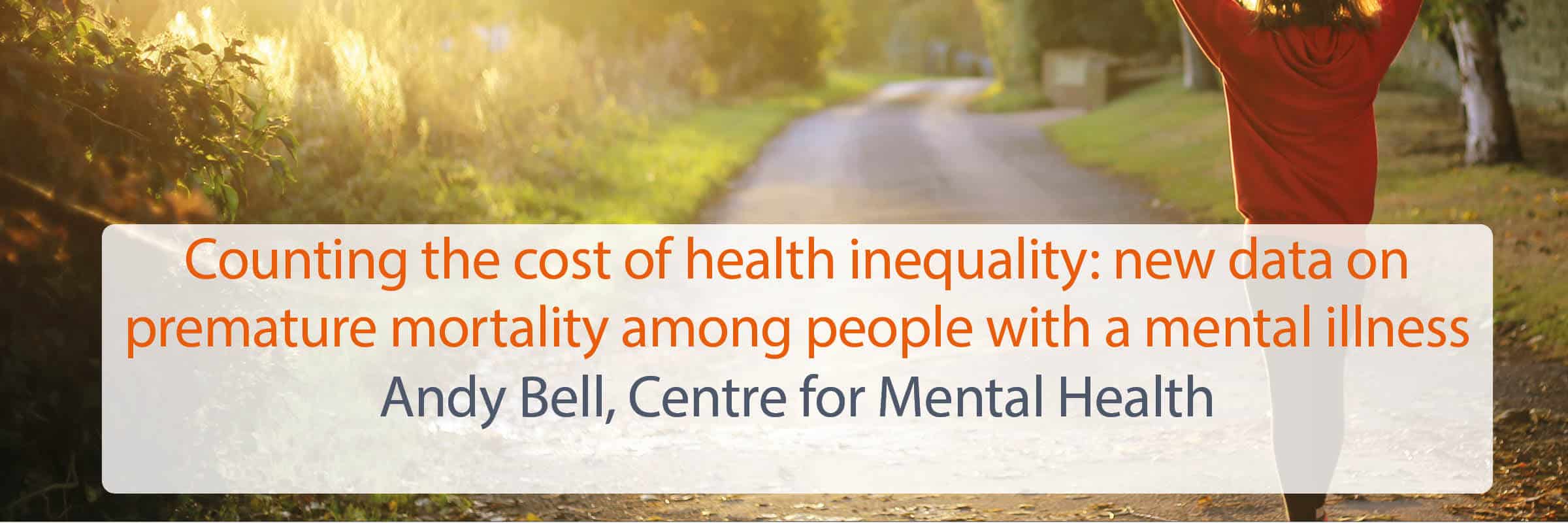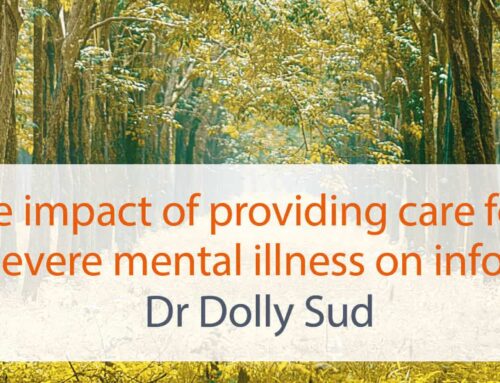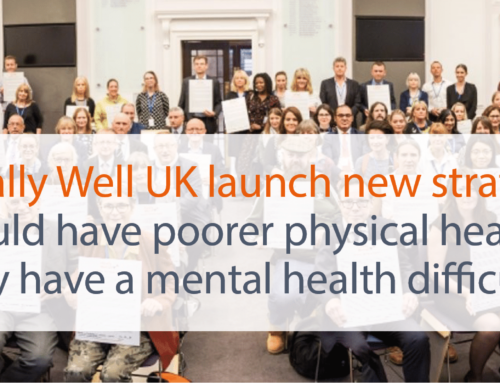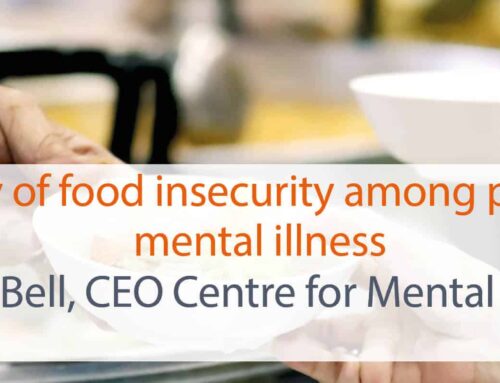 Andy Bell, CEO Centre for Mental Health
Andy Bell, CEO Centre for Mental Health
In the three years up to the end of 2020, each year some 40,000 people living with a mental illness in England died before their 75th birthday.
This is one of a number of sobering and hard to accept figures contained in a recently published data briefing from the Government’s Office for Health Improvement and Disparities.
It’s widely known that people living with a ‘severe mental illness’ have a reduced life expectancy – what have sometimes been described as the ‘stolen years’ of life. It’s the reason that five years ago we set up Equally Well UK alongside Rethink Mental Illness and leaders from Medical Royal Colleges.
Sadly, between 2015 and 2020, the gap between people with a mental illness and the rest of the population of England got bigger. In the most recent three year periods, a person with a mental illness was five times more likely to die under the age of 75 than someone without. In the earlier three years, the rate was 4.6 times higher.
The early death rate for people with a mental illness from 2015 to 2017 was 91 per 100,000. During 2018-2020, it was 104. That is the equivalent to an extra 6,000 deaths a year, over and above the rate that would have been expected from before.
The scale of this inequality is stark enough on its own. But it is compounded further by the impact of economic inequality and deprivation. The early death rate of people with a mental illness from the most deprived groups in the population was 200 per 100,000. For those in the most affluent groups, it was 53. That’s a fourfold higher risk of dying by the age of 75.
These figures don’t tell the whole story, of course. They simply record the numbers of people dying too soon, in the majority of cases due to the same physical illnesses that cause most deaths in the wider population – but 15-20 years earlier than average.
It’s unlikely to be a coincidence that a rising early death rate among people with a mental illness was recorded in a period including the first year of the Covid-19 pandemic. Mortality rose among the whole population in 2020 and 2021. But it is notable that the gap with the general population also grew during that time – in other words, the impact of Covid-19 on premature mortality may have been magnified further for people with a mental illness than the population as a whole.
Sadly, these are not surprising figures. People living with a mental illness are more likely to be deprived financially, and disproportionately come from communities that have been affected more severely by the pandemic.
We need urgent and concerted action to address this stark inequality and injustice. The NHS in England has made a start by extending access to annual physical health checks for people registered with their GP as having a ‘severe mental illness’. And as part of the Long Term Plan it is offering inpatients in hospitals more support to stop smoking.
These measures on their own are not, however, enough. Only a comprehensive action plan, spanning all areas of physical health and its determinants, will be sufficient to stimulate systemic effort to close the gap.
In its forthcoming Major Conditions Strategy, the Government has a chance to make some progress. It must set a clear target for the next decade to bring down both overall premature mortality among people with a mental illness and to close the gap with the rest of the population. It must commit to measuring progress annually through published data. And it must invest in actions that will make a difference – from better access to immunisations and cancer screening to efforts to tackle poverty and poor housing among people with a mental illness.
Through Equally Well UK, we will do our part to support progress. We will help organisations nationwide to take steps to improve physical health support. We will carry out and share research into what works. And we will campaign for policies and practices that will close the gap. We cannot and will not stand by while people with a mental illness are having their lives cut short.






